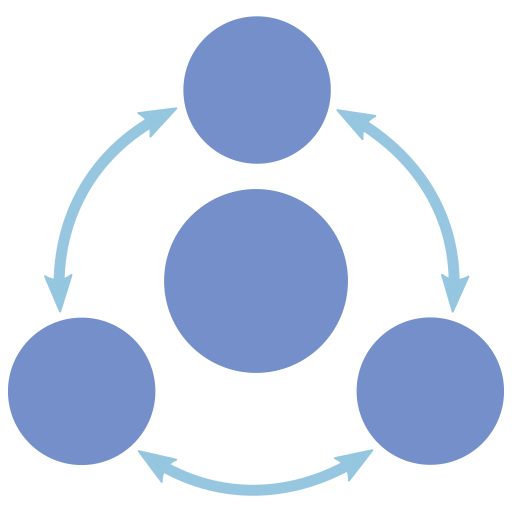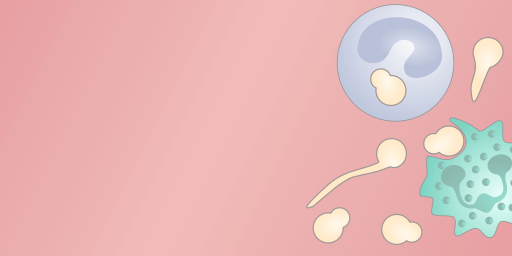Bioimaging refers to a collection of methods to visualize the internal structures and mechanisms of living organisms. The fundamental tool, the microscope, has enabled seminal discoveries like that of the cell as the smallest unit of life, and continues to expand our understanding of biological processes. Today, we can follow the interaction of single molecules within nanoseconds in a living cell, and the development of complete small organisms like fish and flies over several days starting from the fertilized egg. Each image pixel encodes multiple spatiotemporal and spectral dimensions, compounding the massive volume and complexity of bioimage data. Proper handling of this data is indispensable for analysis and its lack has become a growing hindrance for the many disciplines of the life and biomedical sciences relying on bioimaging. No single domain has the expertise to tackle this bottleneck alone.
As a method-specific consortium, NFDI4BIOMAGE seeks to address these issues, enabling bioimaging data to be shared and re-used like they are acquired, i.e., independently of disciplinary boundaries. We will provide solutions for exploiting the full information content of bioimage data and enable new discoveries through sharing and re-analysis. Our RDM strategy is based on a robust needs analysis that derives not only from a community survey but also from over a decade of experience in German BioImaging, the German Society for Microscopy and Image Analysis. It considers the entire lifecycle of bioimaging data, from acquisition to archiving, including analysis and enabling re-use. A foundational element of this strategy is the definition of a common, cloud-compatible, and interoperable digital object that bundles binary images with their descriptive and provenance metadata. With members from plant biology to neuroscience, NFDI4BIOIMAGE will champion the standardization of bioimage data to create a framework that answers discipline-specific needs while ensuring communication and interoperability with data types and RDM systems across domains. Integration of bioimage data with, e.g., omics data as the basis for spatial omics, holds great promise for fields such as cancer medicine. Unlocking the full potential of bioimage data will rely on the development and broad availability of exceptional analysis tools and training sets. NFDI4BIOIMAGE will make these accessible and usable including cutting-edge AI-based methods in scalable cloud environments. NFDI4BIOIMAGE intersects with multiple NFDI consortia, most prominently with GHGA for linking image and genomics data and with DataPLANT on the definition of FAIR data objects. Last but not least, NFDI4BIOIMAGE is internationally well connected and represents the opportunity for German scientists to keep path with and have a voice in several international initiatives focusing on the FAIRification of bioimage data as one of the main challenges for the advancement of knowledge in the life and biomedical sciences.






